Publications
Articles, publications, books, tools and multimedia features from the U.S. Institute of Peace provide the latest news, analysis, research findings, practitioner guides and reports, all related to the conflict zones and issues that are at the center of the Institute’s work to prevent and reduce violent conflict.
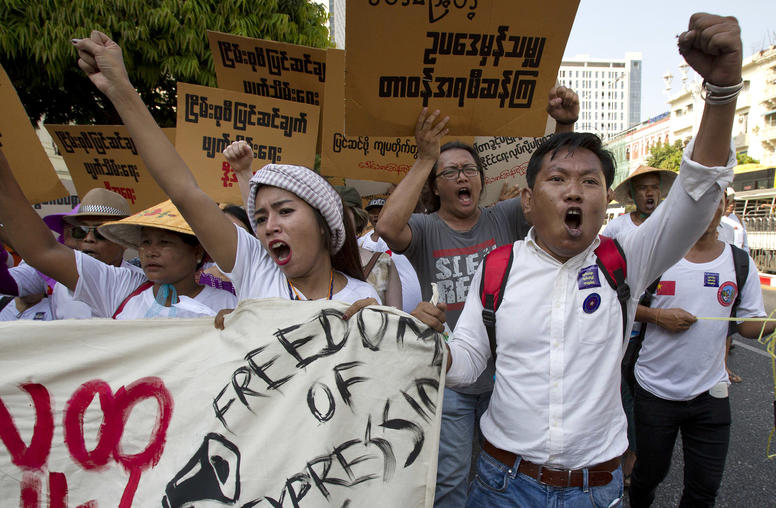
Nonviolent Action in Myanmar: Challenges and Lessons for Civil Society and Donors
The National League for Democracy’s decisive victory in Myanmar’s 2015 elections inspired hopes of a full transition from military rule and an opening of civil space. Neither has materialized, and the groups working to advance social, political, and economic change in Myanmar continue to face significant challenges. Focusing on three cases of organized nonviolent action in Kachin, Mandalay, and Yangon, this report explores the divide that has opened between civil society and the NLD government and the rifts emerging within civil society itself.
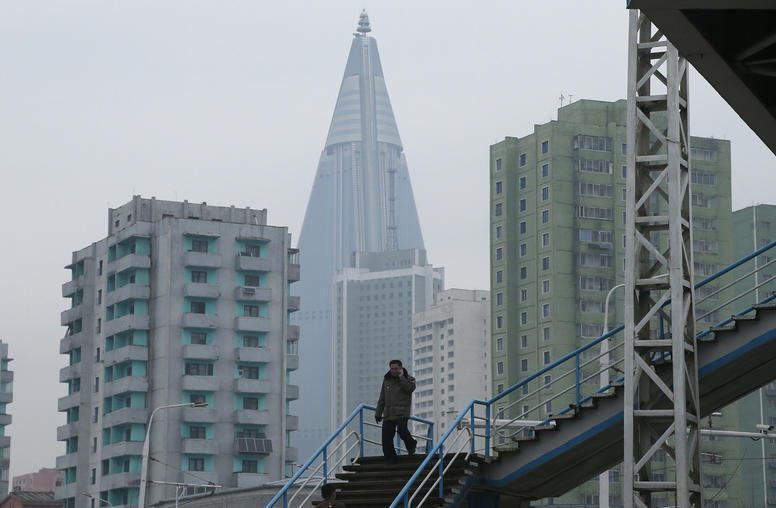
North Korean Phone Money: Airtime Transfers as a Precursor to Mobile Payment System
More than one in five North Koreans have cell phones, and increasingly rely on them to conduct financial transactions. Many of these transactions involve trading cell phone airtime, or “phone money,” for goods and services, and even for offering bribes. This report examines the potential for airtime trading to evolve into a formal mobile money system, which could enhance market activity and stability while providing opportunities for the country to engage with the international community.
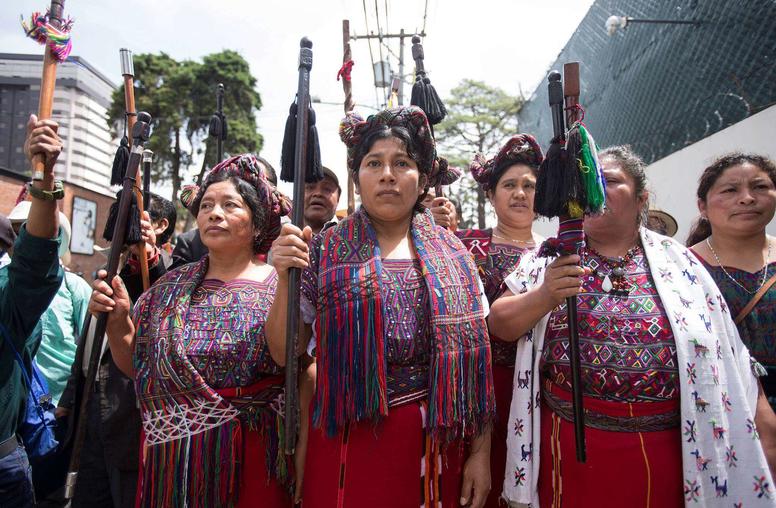
Curbing Corruption after Conflict: Anticorruption Mobilization in Guatemala
This report analyzes the fight against corruption in Guatemala by social movements over the past five years, homing in on their major successes and challenges in working to advance transparency, accountability, and good governance. The lessons drawn from these efforts can be applicable for other movements around the world operating in similar contexts. The work also has a larger bearing for international actors helping states build peace and democratic governance following prolonged violent conflict.
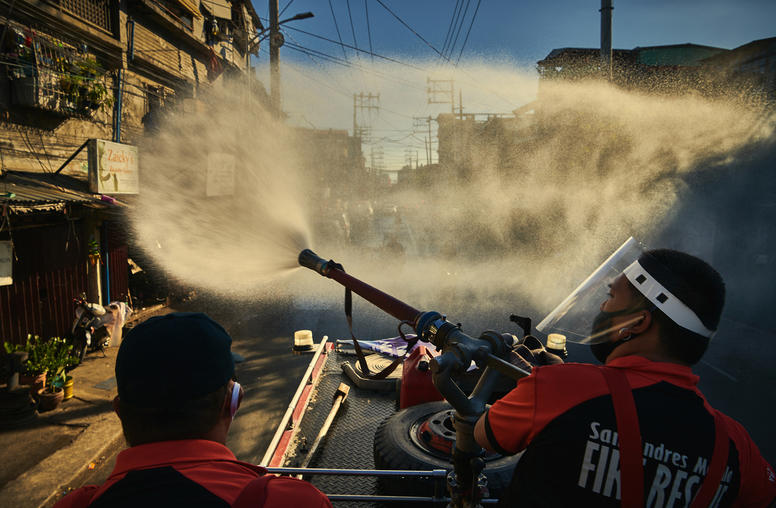
Searching for COVID-19 Ceasefires: Conflict Zone Impacts, Needs, and Opportunities
On March 23, 2020, as COVID-19 was first appearing in many conflict-affected areas, UN Secretary-General António Guterres issued a call for warring parties to cease hostilities and instead wage battle against the pandemic. Drawing on an examination of conflicts in Afghanistan, Colombia, Cameroon, Israel and Palestine, Libya, the Philippines, Syria, Ukraine, and elsewhere—this report looks at how COVID-19 has affected conflict parties’ interests, positions, and capacities, and provides recommendation for how the international community leverage the pandemic to promote peace.
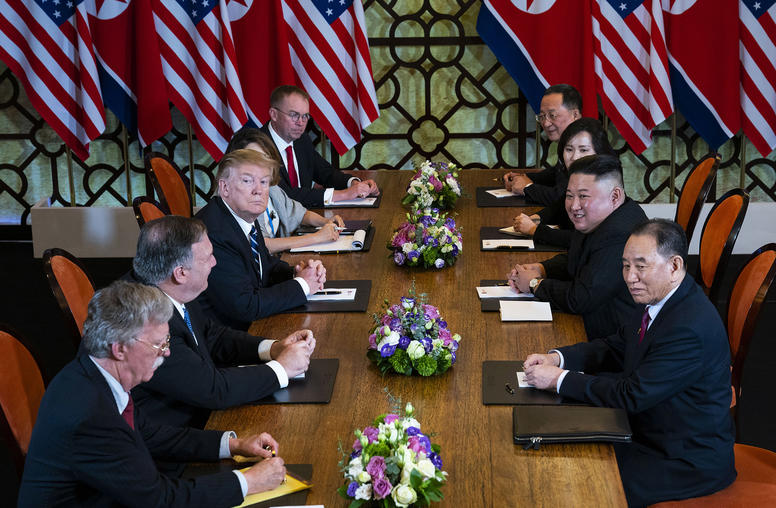
How to Engage the Enemy: The Case for National Security Diplomacy with North Korea
To help U.S. policymakers better manage the myriad risks they face on the Korean Peninsula, this report assesses whether and how to pursue national security diplomacy with North Korea. This concept of engagement responds to the National Defense Authorization Act of 2020 regarding the benefits and risks for US national security. Persistent engagement with North Korea’s national security elites, the report argues, is a policy wager with a large potential upside and very little cost and risk.
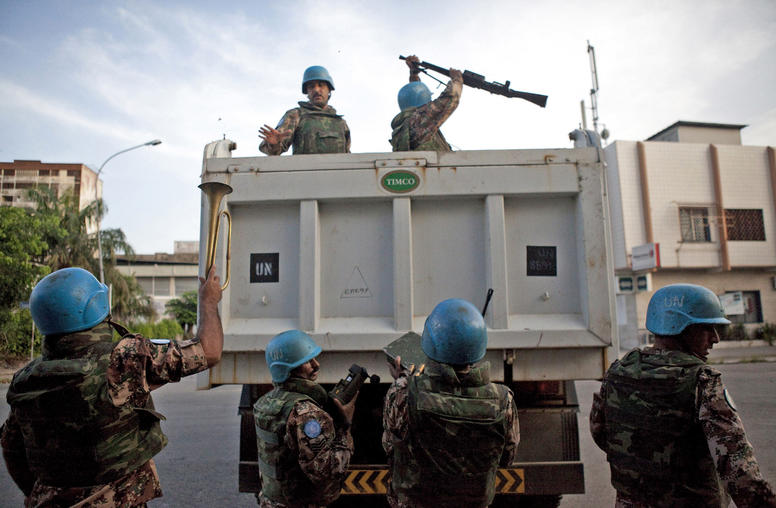
Preventing Sexual Exploitation and Abuse by Male Peacekeepers
Sexual exploitation and abuse by United Nations peacekeeping forces first came to international attention more than a quarter century ago. Despite numerous UN policy responses, the problem persists, harming individuals, jeopardizing missions, and undermining the credibility and legitimacy of UN peacekeeping operations. This report addresses the question of why more progress has not been made in preventing these violations and draws attention to ways in which prevention efforts can be strengthened and made more effective.
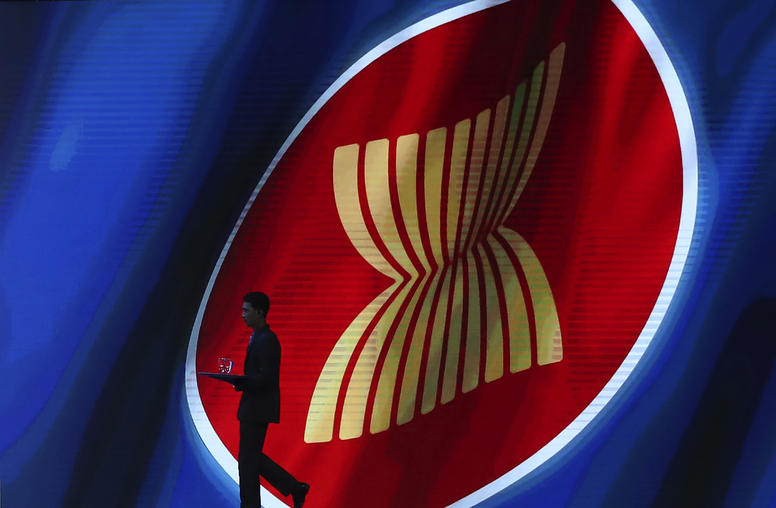
Built for Trust, Not for Conflict: ASEAN Faces the Future
In the more than five decades since the founding of the Association of Southeast Asian Nations, relations among its member states have remained generally peaceful, and major interstate conflict has been all but eliminated. Yet, ASEAN now faces significant challenges, not least from competition between the United States and China that threatens to draw individual ASEAN countries into taking sides. This report discusses ASEAN’s role in maintaining peace and stability in Southeast Asia and how it can adapt to a rapidly evolving geopolitical climate to meet future challenges.
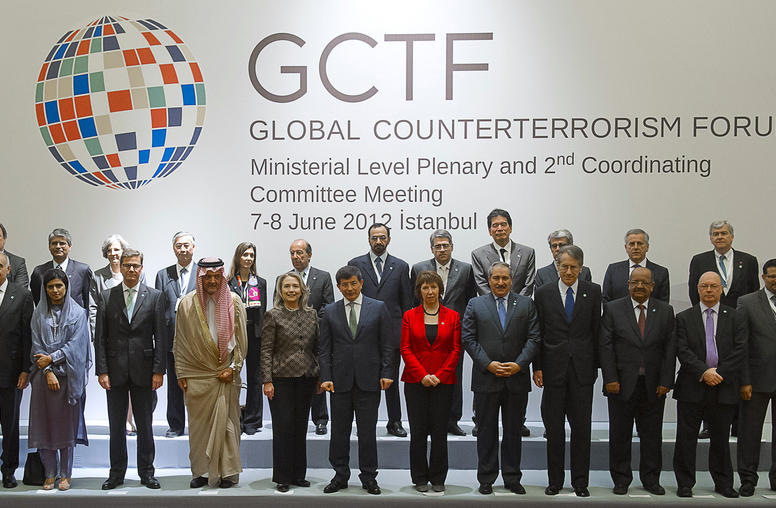
Preparing the Global Counterterrorism Forum for the Next Decade
In the two decades since the 9/11 attacks, terrorist networks have become more global and interconnected even as they remain locally tethered. The transnational and localized nature of the threat underscores the continued importance of international cooperation in all aspects of a response. This report explores the work of the Global Counterterrorism Forum, launched in 2011 to energize such cooperation, and how best to position it for an effective and far-reaching future.
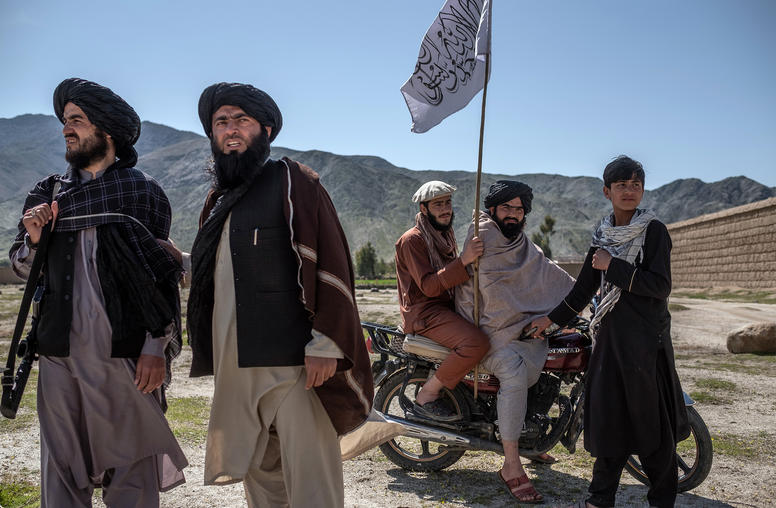
Disengagement and Reconciliation in Conflict-Affected Settings
Even in brutal and desperate conflict settings, it is possible for people to abandon violence and leave violent groups. Peacebuilders know this well—yet terrorism and counterterrorism policies and practices have often neglected practical ways to address participants in violent extremism and failed to provide them opportunities to reject violence. This report examines how peacebuilding tools can help transform the individual attitudes, group relationships, and social ecosystems and structures needed to facilitate the effective disengagement and reconciliation of former members of violent extremist groups.
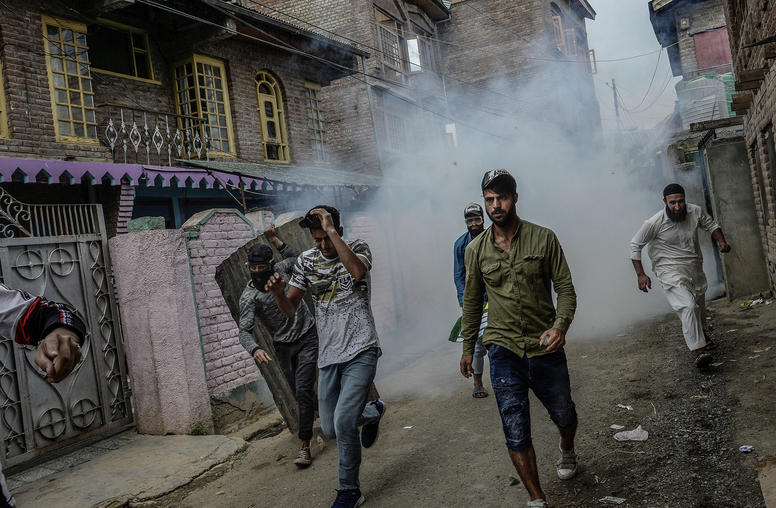
India’s Kashmir Conundrum: Before and After the Abrogation of Article 370
On August 5, 2019, the government of India revoked the constitutional autonomy of its Muslim-majority state of Jammu and Kashmir. This report—based on field interviews, new data collection, and extensive research— focuses on the revitalized insurgency and mass uprising between 2013 and 2019, explains how the Kashmir conflict evolved to a point that contributed to India’s extraordinary political gambit, and lays out both New Delhi’s strategy and the challenges the government faces going forward.